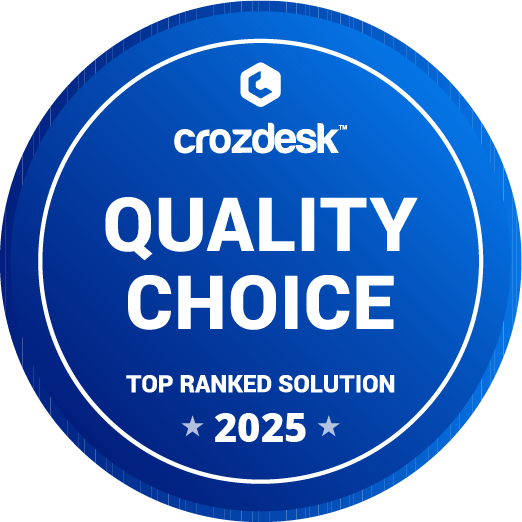
When it comes to online security, one would imagine that the rapid advancements in both hardware and software would lead to increased protection and less risk as the years go by. Unfortunately, those same advancements are also available to cyber criminals so what we are seeing is actually a rising trend among cyber attacks, as the methods get more sophisticated and the platforms become even less segmented. With the rise in popularity of mobile computing devices that use a single open source OS, the targets for cyber-attacks have only increased.
There are a number of new online security risks that have surfaced these past few years, and one would wonder if they will really threaten our online security for the long term or will they get addressed this year? These new online security threats include:
Ransomware
Last year saw the discovery of a new type of malware called Cryptolocker, which encrypts files it finds on an infected host and stores the decryption key on their own C & C server network. It uses a different encryption key for each new infection so the only ones who can decrypt the files are the makers of Cryptolocker themselves. The catch is that they ask people to pay them a ransom in exchange for the decryption key, which costs around $300 and should be settled within 72 hours or they will destroy the decryption key.
Cryptolocker’s targets were mostly individual users, who were most likely content with just reformatting their drives instead of paying the ransom, as their data usually isn’t worth hundreds of dollars. But do you know which ones do have data that are worth thousands, if not millions of dollars? Enterprises and businesses. It’s only a matter of time before Cryptolocker or new variations of it start to target large enterprises and businesses that handle so much data that it is usually more cost-effective to just pay the ransom than go through all the trouble of temporarily stopping operations just to rebuild their database.
Compromised Clouds
The cloud infrastructure has been around for quite some time, and most recently saw its popularity and use rise as companies start to realize its benefits in terms of cost savings and increased efficiency. However, it is still true that there are security risks involved, especially since not all clouds are equally well maintained and supported. If a company decides to go with a public cloud infrastructure with poor security, chances are they are merely extending the vulnerable space, which means they are increasing the number of areas that can be attacked while also limiting their ability to prevent or handle the attack immediately. Technically, the solution is to opt for a private cloud, but these types of clouds can be too expensive for most small to medium enterprises that they start to negate the benefits.
Prestige Technologies has proven to be one of the most secure web hosting companies as proven by our high customer retention. Click here and avail of our free 6 months hosting.
(more…)

 My Account
My Account 






